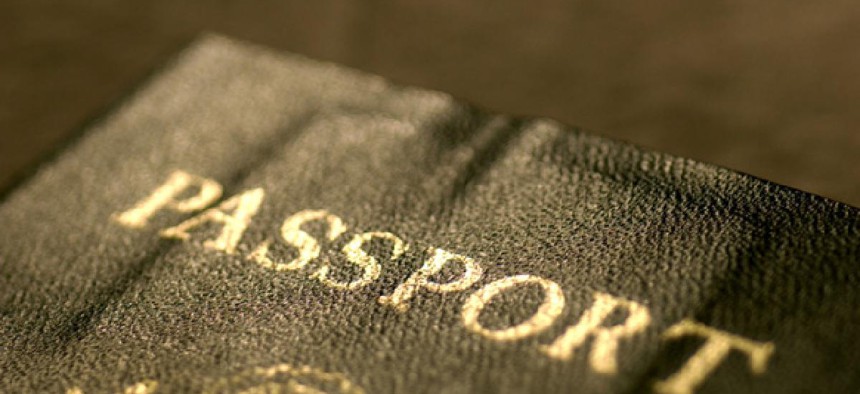
Thinkstock
No taxes, no travel: Why the IRS wants the right to seize your passport
Does the Tax Man have the right to prevent us from traveling, even without a formal charge of evasion or another crime? Maybe we're about to find out.
You're standing at the airport. The ticket agent clacks away on the keyboard. She looks up. "I'm sorry," she says. "We can't let you board the plane today." Why? "It's the IRS. They say you haven't paid all of your taxes."
It sounds like the opening scene of a straight-to-DVD Washington thriller. It's actually a few votes from becoming a reality. A new bill, quietly making its way through Congress, allows the federal government to stop people with unpaid taxes from leaving the country-- even if they haven't been charged with tax evasion or any other formal crime.
It all started last fall, when Senator Barbara Boxer introduced the "Moving Ahead for Progress in the 21st Century Act" (or "MAP-21" as it's now called), to reauthorize funds for federal highway and transportation programs. While that doesn't sound like anything having to do with your taxes, the bill includes a little-noticed section that allows the State Department to "deny, revoke or limit" passport rights for any taxpayers with "serious delinquencies."
Read the full story at The Atlantic.






